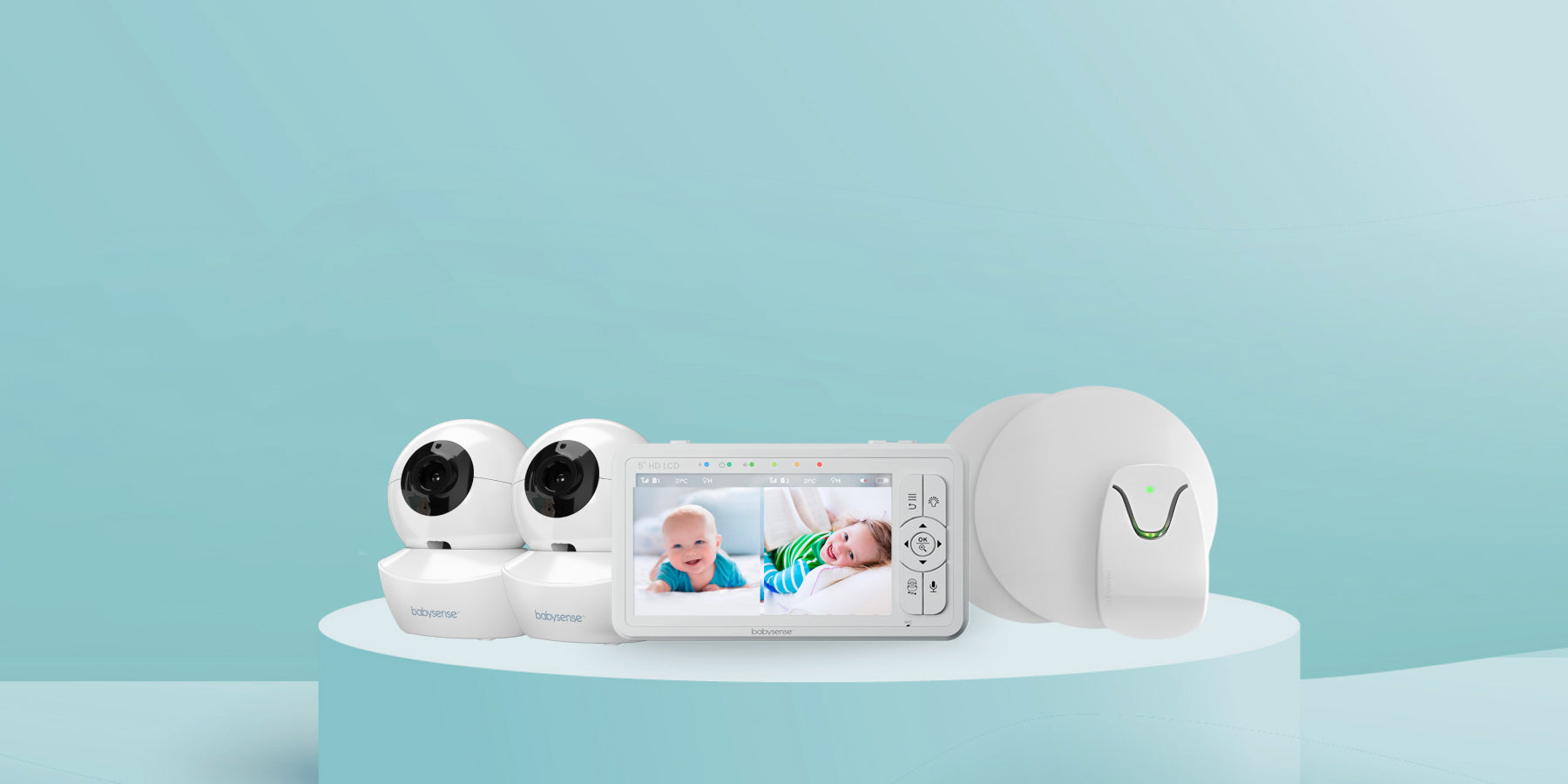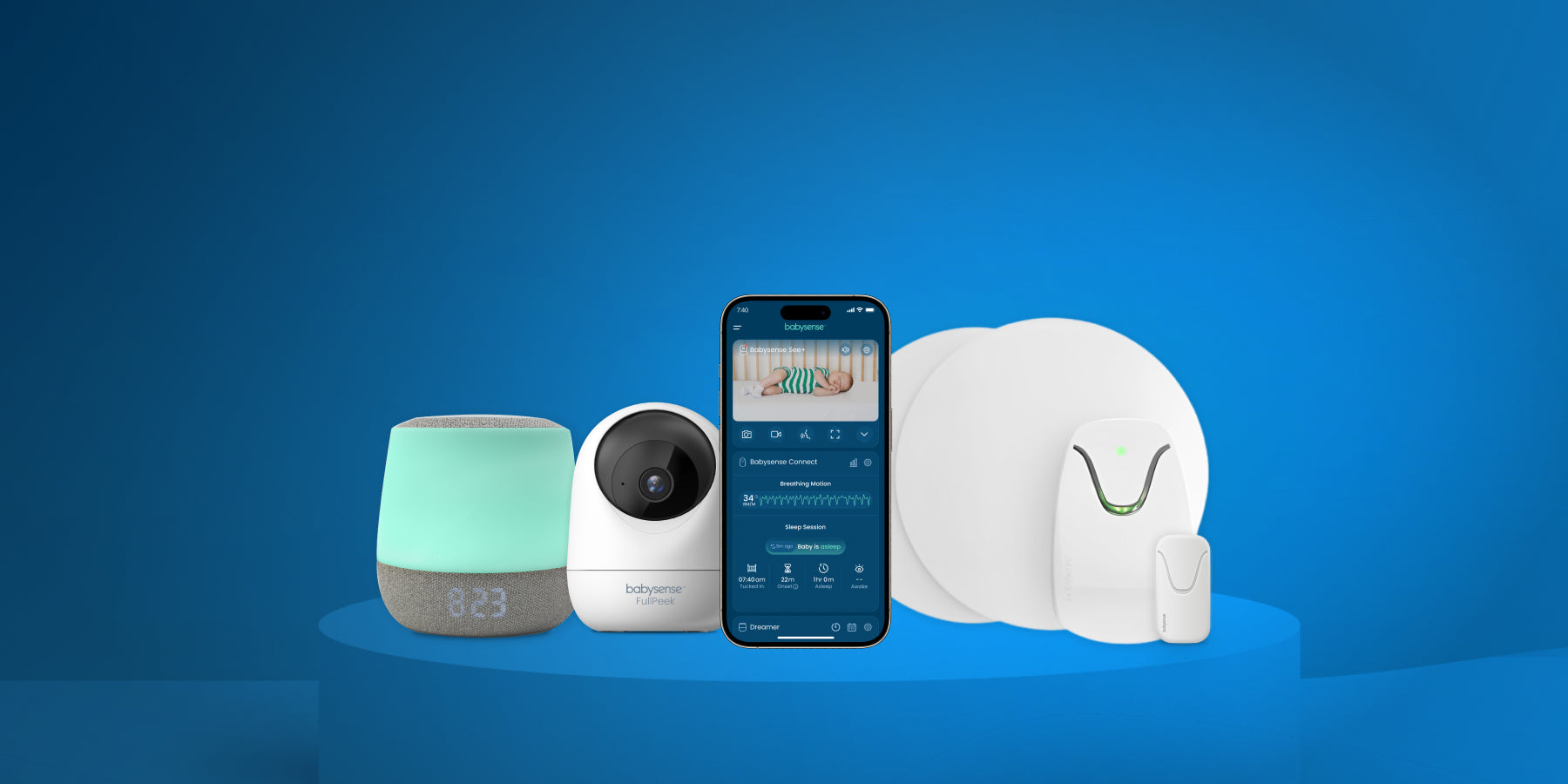Stepping into the world of parenting is a thrilling rollercoaster, filled with beautiful moments and challenging firsts. Of these firsts, understanding your little one's developmental milestones is like trying to read a book in a language you're just beginning to learn. But don't worry — we’re here to translate those coos and giggles into baby milestones that make sense.
Understanding Developmental Milestones
Get ready to crack the code of your baby's first year! Developmental milestones are a set of checks on the growth roadmap of infants and children. Think of them as the exciting chapters in your baby's first year storybook, each one showcasing new skills or behaviors — from motor development and social-emotional growth to fine motor skills, cognitive milestones, and communication skills.
Motor development covers how your little explorer learns to move, from the first clumsy crawl to those triumphant first steps. Social-emotional milestones revolve around your baby's understanding of their own feelings and those of others — how they express emotions and interact with you and the world around them.
Fine motor skills are those small, precise movements like picking up Cheerios or mastering the pincer grasp. Cognitive milestones involve how your baby thinks, learns, and solves problems, such as exploring cause and effect or understanding simple instructions. Finally, communication milestones are about how your baby understands and uses language — from coos and babbles to first words.
Remember: each baby is unique, and the pace at which they hit milestones can vary. Instead of stressing over timelines, focus on the beauty of their progress. For more on pacing, see our guide to milestone timing.
Newborn to 3 Months
In the first three months, your little one is developing reflexes and responding to sensory stimuli. You might notice them turning toward your voice — a key early communication milestone. Encourage this by talking to your baby, narrating your day, and reading aloud. For extra bonding ideas, see our newborn bonding guide.
4 to 6 Months
From 4 to 6 months, babies often start rolling over and sitting with support — major motor achievements. This is the time to make your home safer by baby-proofing and removing choking hazards. Give your baby plenty of tummy time to build strength for crawling.
7 to 9 Months
Between 7 and 9 months, many babies begin crawling, pulling up, or “cruising” along furniture. Fine motor skills also improve, often with the introduction of safe finger foods. Offer a variety of safe objects to grasp and explore — and keep small hazards out of reach.
10 to 12 Months
In the final months of year one, some babies take their first steps, while others perfect crawling or cruising. They may start to understand and respond to simple commands. Keep encouraging language by naming objects, repeating simple words, and playing interactive games like Peekaboo. For more tips, see our baby language development guide.
Coping with Milestone Anxiety
It’s normal to feel worried if your baby seems to be developing differently than others. Avoid constant comparisons — babies develop at their own pace. If you have concerns, talk to your pediatrician about developmental milestones for guidance and reassurance.
Connecting with other parents can help too. Communities like BabyCenter and The Bump provide support and shared experiences.
Conclusion
Your baby’s first year is filled with awe-inspiring moments, challenges, and growth. Milestones aren’t a competition — they’re markers of progress and joy. Be your child’s biggest cheerleader, and remember that your love, encouragement, and presence are what matter most.
For more parenting insights and product recommendations that support every stage of growth, explore our BabySense parenting blog and our full product range.



